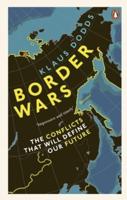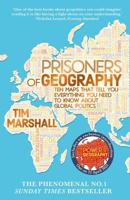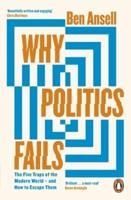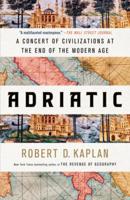Publisher's Synopsis
The collapse of Zaire brought with it the invading armies of eight African states, along with an unknown number of paramilitary groups. Due to the complexity of the conflict International Relations (IR) theory has attempted to explain the cause of the conflict as a war of resources, anarchy, neo-imperialism, a failure of international institutions or the constructive nature of parties involved in the conflict. Instead this monograph utilizes neorealism to explain the cause of continuation of conflict in the Congo. Beginning with the Rwandan Genocide which led to the Rwandan-Congolese security dilemma intern causing the First and Second Congo Wars, and was followed by proxy warfare between the two states. The inability of the United Nations peacekeeping mission to address the security dilemma or strengthen the state capacity of the Congo to impose its sovereignty over its territory explains the continuation of conflict in eastern Congo. A better understanding of the security dilemma posed by non-state actors and its effects on the interaction with states can aid in understanding of other conflicts that have not be resolved by international interventions.









